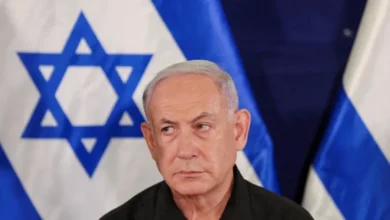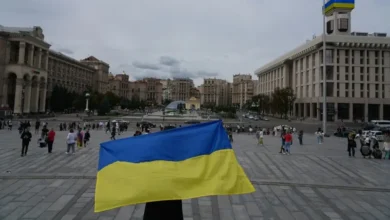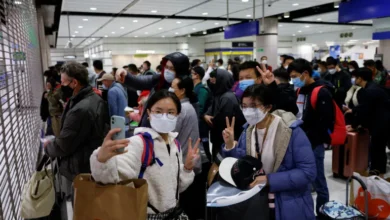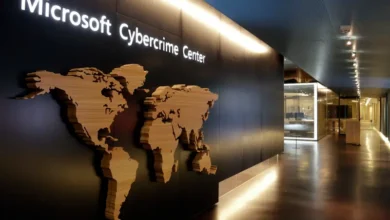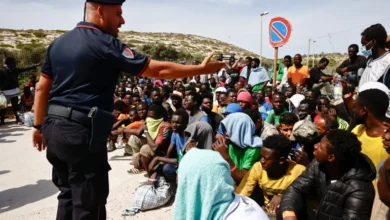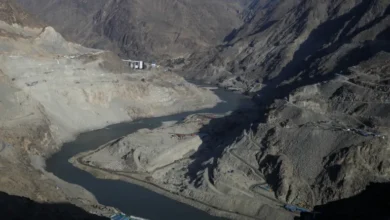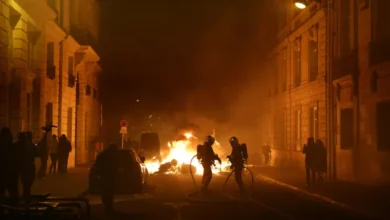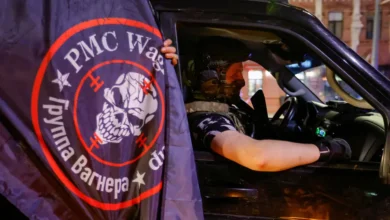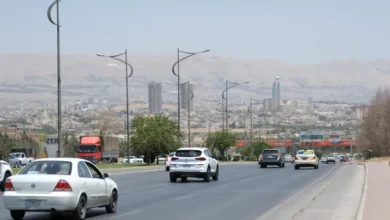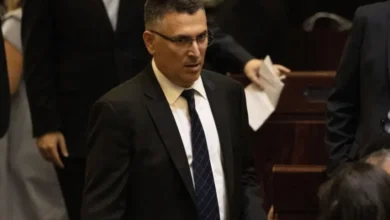DR Congo, M23 rebels sign deal in Qatar to end fighting in eastern Congo
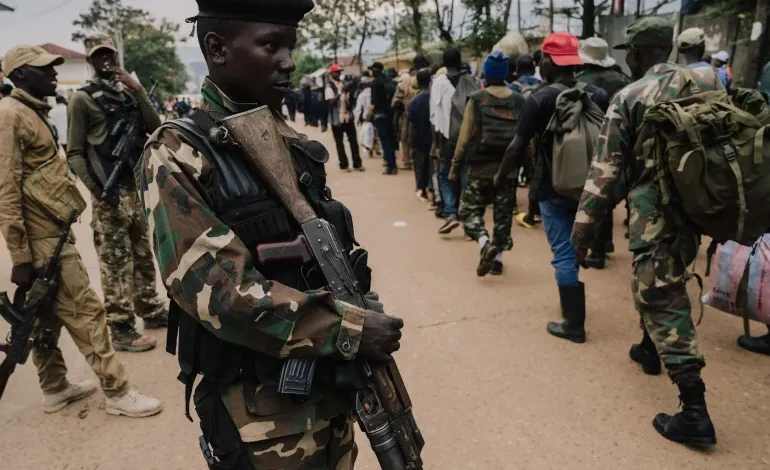
The Democratic Republic of the Congo (DRC) and the M23 rebel group have signed a declaration of principles in Qatar to end fighting in eastern Congo.
The declaration was signed on Saturday between representatives of both sides in Doha.The DRC and Rwanda-backed M23 rebels have been engaged in heavy fighting, spurred by M23’s bloody January assault and capture of the DRC’s two largest cities.
The decades-long conflict has roots in the 1994 Rwandan genocide, with M23 made up primarily of ethnic Tutsi fighters.
The Congolese fighting has killed thousands and displaced hundreds of thousands more this year, while escalating the risk of a full-blown regional war.
Several of DRC’s neighbours already have troops deployed in the volatile region.
Al Jazeera’s Alain Uaykani, reporting from Goma in the DRC, said the development was significant for the people of the country. He said the situation had been “very unstable on the ground” before the agreement.
“The declaration signed today between the DR Congo government and M23 paves the way for a widespread discussion,” he added.
Uaykani underscored that M23 has said there should be trust between the sides to talk about the root causes of the conflict, and the deal might potentially establish that.
The African Union said the deal was a “significant development”.“This … marks a major milestone in the ongoing efforts to achieve lasting peace, security, and stability in eastern DRC and the wider Great Lakes region,” AU chairperson Mahmoud Ali Youssouf said in a statement.In March, Qatar brokered a surprise meeting between DRC President Felix Tshisekedi and his Rwandan counterpart Paul Kagame, during which they called for an “immediate and unconditional” ceasefire.
That led to direct talks, also in Doha, between the DRC and M23.
The DRC had previously rejected the idea of holding talks with M23, branding it a “terrorist group”, but in April, both sides pledged to work towards a ceasefire.
The deal does not address important questions concerning the possible Rwandan and M23 withdrawals from eastern DR Congo.
It says DR Congo and M23 agree state authority should be restored “on all national territories” as part of an eventual peace agreement but does not give details.
Government spokesperson Patrick Muyaya nevertheless said on X on Saturday that the declaration “takes into account the red lines we have always defended, including the non-negotiable withdrawal” of M23.
Negotiations for a peace agreement are to start no later than August 8, according to the declaration, which would give the parties less than two weeks to finalise a deal if they stick to their new August 18 deadline.
Talks in the US
Washington has also hosted talks between the DRC and Rwanda in June.
On June 27, the two countries’ foreign ministers signed a peace deal and met with United States President Donald Trump at the White House. Trump warned of “very severe penalties, financial and otherwise” if the deal is violated.
Trump had also invited Tshisekedi and Kagame to Washington to sign a package of deals that Massad Boulos, Trump’s senior adviser for Africa, dubbed the “Washington Accord”.
But he had also said US officials hope to have a deal in Doha finalised by then.
The DRC, the United Nations and Western powers say Rwanda is supporting M23 by sending troops and arms.
Rwanda has long denied helping M23 and says its forces are acting in self-defence against the DRC’s army and ethnic Hutu fighters linked to the 1994 Rwandan genocide, including the Democratic Forces for the Liberation of Rwanda (FDLR).
